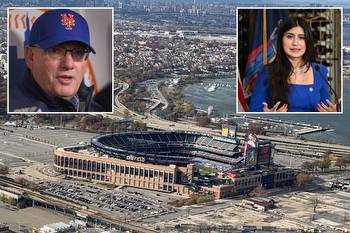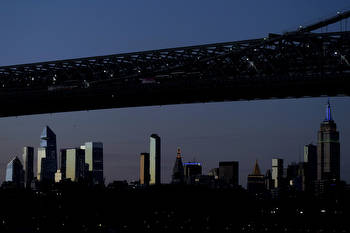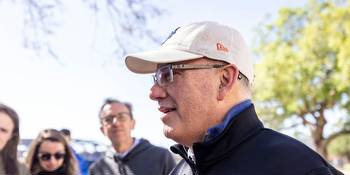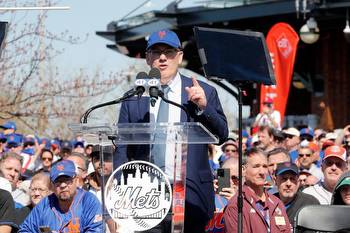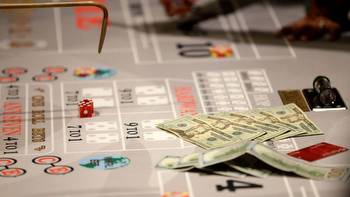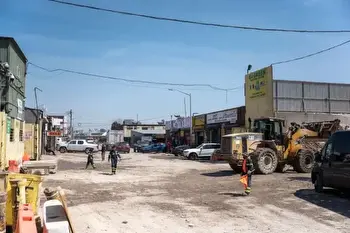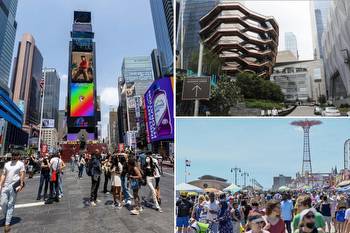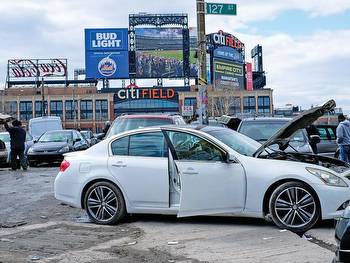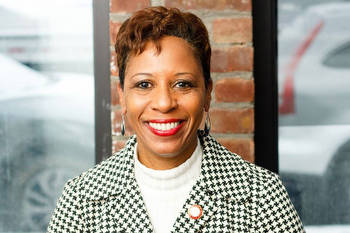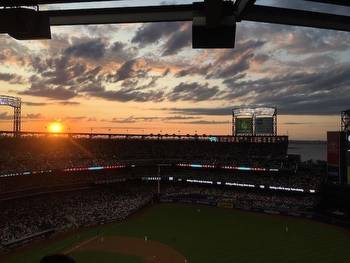Casino at Willets Point a possiblity
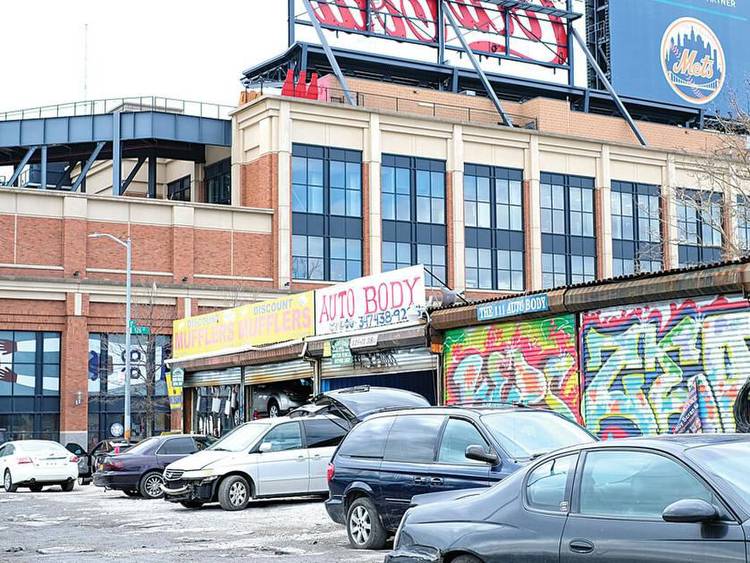
The New York State Gaming Commission completed its call for request for information from players in the Willets Point area on Dec. 10, regarding the potential licensing of a casino in the neighborhood.
Although the project is quite a ways off from being proposed, the RFIs suggests some serious movement, according to Whitestone activist Robert LoScalzo.
Among those who responded to the RFI are a variety of local politicians, organizations and businesses, many of whom have expressed discontent with the possibility of a casino on Willets Point.
The path to the current juncture is two-pronged: It is the culmination both of efforts to build a third casino downstate and a continuous push to build in Willets Point.
In 2013, New York state voters approved a constitutional amendment to allow for seven new casinos to be built across the state. Initially, however, only four would be built, all of which were required to be upstate. Only later would three additional ones be allowed to go up downstate.
The possibility of a casino being built in northeast Queens specifically has been seriously discussed as early as January 2021, when it was noted in a Gaming Commission study. Meanwhile, New York Mets owner Steven Cohen is said to have been in conversations with casino and resort company Las Vegas Sands about putting up a gaming center near Citi Field.
When asked for confirmation on that, a senior communications official in the Mets organization said, “No, I can’t, I don’t have any details on that right now.”
Back in 2011, the team’s former owners, the Wilpons family and Saul Katz, also proposed building a casino just west of Citi Field, on land that is legally parkland. Since then, several projects have been proposed in the area, including a soccer stadium, numerous apartments and a shopping mall. In 2017, however, the New York State Court of Appeals ruled that the land could not be used for that kind of development. The Mets have a limited exception to the rule; since 1961, the organization has had a long-term lease of the land from Flushing Meadows Corona Park.
The land in question, then, is that to the east of Citi Field, given that it does not have the same level of protection. Currently, that land is zoned as C4-4, which does not allow for casinos.
To change that would require a Uniform Land Use Review Procedure, which would allow for public hearings on the matter; the decision itself would be left to the City Council — with input from the borough president and affected community boards. Community Board 7 would have jurisdiction.
Such an effort would further be complicated by the fact that 1,100 affordable housing units have been slated to go up there since 2018; the city finally began environmental cleanup earlier this year in preparation.
Councilmember Francisco Moya (D-Corona) is co-chair of the Willets Point Task Force, and has been deeply involved in the effort to build affordable housing there. It’s no surprise, then, that he opposes the potential casino. “We are opposed to anything that could be built that interferes with the two plans approved by the Willets Point task force — including the historic project that will bring the deepest levels of affordability with the 1,100 units of affordable housing,” he said in a prepared statement. “I encourage my colleagues at the state level to ensure that the state doesn’t grant licenses for projects that may impact our most vulnerable families.”
State Sen. John Liu (D-Bayside) was concerned about the “potential displacement” a casino at Willets Point might cause. “[A casino is] a very big ‘if’ at this point,” he said. “It doesn’t seem like Willets Point would be a great place to put a casino.”
Liu is not the only one worried about displacement; in their response to the Gaming Commission’s RFI, Jack and Jake Bono, owners of Bono Sawdust Supply Co., fear that the state may drive out businesses in order to build the casino.
“We believe a casino project in this area will trigger all-out mischief by the state, including eminent domain abuse and other egregious tactics to forcibly remove businesses and property owners to obtain our land,” they wrote in their response to the RFI. “We have no plan to leave the property and the building where our business has successfully operated for 88 years.”
Of chief concern is also the traffic that a Willets Point casino might cause. As LoScalzo told the Chronicle, Exit 13D off the Whitestone Expressway is the only way for cars to enter the area. “If there are more than half a dozen vehicles there at any given time, it backs up onto the Whitestone Expressway,” he added.
Jennifer Shannon, president of the A Better College Point Civic Association, cited traffic congestion as one of several reasons the association opposes a potential casino.
“If [the Mets] have a game at Citi Field, you can’t move. You can’t get off the highway, you’re rerouted. It’s ridiculous,” she said. “You have the U.S. Open, it turns into that. So now we’re going to add a casino into that mix?”
According to Al Centola, president and founding member of We Love Whitestone Civic Association, the possibility of adding ramps off the Van Wyck Expressway has been floated. He does not think that is sufficient.
“None of the ramps that were proposed initially would be able to handle and divert the traffic,” he said.
One public official who is not against a casino is incoming City Council Speaker Adrienne Adams (D-Jamaica), though it is unclear if she supports one at Willets Point specifically.
According to Benjamin Fang, Adams’ director of communications and legislative affairs, Resorts World is interested in applying for the license upon its opening.
In her response to the Gaming Commission’s RFI, Adams cites Resorts World Casino New York City, located in South Ozone Park, a positive contributor “to the economic and social fabric of our borough.”
“They have been really good neighbors,” Fang said, summarizing Adams’ response to the RFI. “We believe that they should have more opportunities to expand economic development.”
Adams also highlighted Resort World’s employment of over 1,000 unionized workers in her letter, many of whom, she noted, are women and people of color.
To Shannon, the promise of jobs does not outweigh the consequences she believes a Willets Point casino would bring.
“Let’s just face it: Anyone that’s been to Las Vegas, or Atlantic City, you just drive a few blocks away from all the glittery lights, we all know what you’re going to see — you see impoverished, drug addicted folks. It’s just not a good thing,” Shannon said. “People think, ‘Oh, a casino! The glitter, the lights, there’ll be so much fun! [And] jobs!’ And at that moment in the casino, maybe things are great. But in the end, it’ll just be a disaster for people that are already struggling.”
“There have been studies upon studies showing the negative impacts casinos have on communities,” Centola agreed. “You can’t in good faith want that in your community, or any community for that matter.”
According to LoScalzo, the Gaming Commission is required to provide the governor and Legislature with a report documenting its findings within six months of closing responses to the RFI.









